“Targeting Azerbaijanis is a strategic mistake” Experts warn Moscow’s provocations could backfire
The crisis between Russia and Azerbaijan is escalating, and there is a clear sense that this process has specific stakeholders. In particular, the Russian authorities are doing everything to pour fuel on the fire, and it is quite obvious that there is no willingness in the Kremlin to reconsider the consequences of their actions and moves. All bets are on escalating tensions, while figures such as the Kremlin’s press secretary Dmitry Peskov and the official spokesperson of the Russian Foreign Ministry Maria Zakharova merely voice complaints against Baku and display a clearly feigned misunderstanding of the just reaction from the Azerbaijani side.
How do neighbouring countries perceive this situation? How do political experts from the region evaluate the sharp deterioration in relations between Baku and Moscow? Kazakh and Georgian analysts share their insights with Caliber.Az.
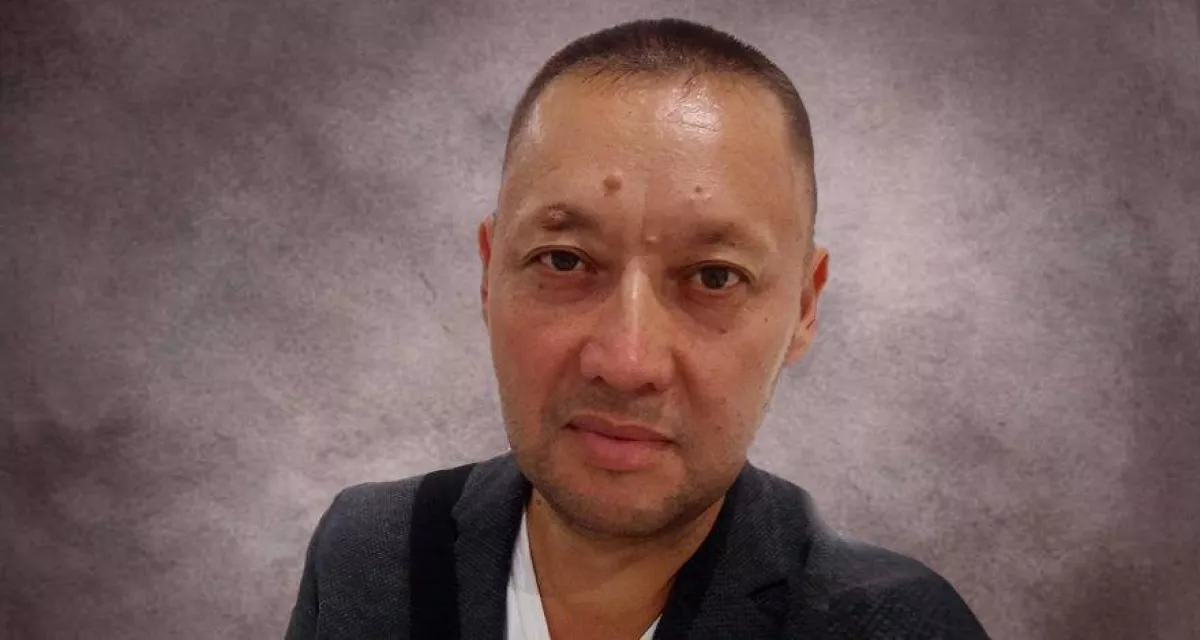
Ruslan Tusupbekov, a Kazakh political analyst, blogger, and international law expert, believes that the events in Yekaterinburg were the result of a deliberate provocation by the Russian authorities. Moscow bears full responsibility for the escalation and consciously used force against the Azerbaijani diaspora at a critical moment of internal tension.
“It is not entirely clear what exactly prompted Russia to carry out such a provocation against Azerbaijanis in Yekaterinburg, but one thing is absolutely obvious: the conflict was initiated by the Russian side. This is not a coincidence, not a local flare-up, nor an initiative from the ground — it is a centralised decision imposed from above. I am absolutely convinced of this.
What remains a mystery is why this particular moment was chosen. Although, of course, there is some logic: the Russian authorities are urgently searching for internal enemies to direct the accumulated anger and frustration from the failed war in Ukraine inward. But they have chosen an extremely unfortunate target. The decision to use Azerbaijanis as a target is a strategic mistake.
Azerbaijanis are one of the largest diasporas in Russia; they are not only numerous but also economically, socially, and intellectually influential. If we consider all – Russian citizens of Azerbaijani origin, migrants, workers, especially during peak seasons like now – there could be up to several million in the Moscow region alone, and even more across the country.
It is important to understand: these are not just numbers. These are people who play an important role in business, science, and education. I studied at RUDN University, and among my professors and classmates, there were many Azerbaijanis. We even debated whether Kazakhs or Azerbaijanis were more numerous. In other words, this is not a marginal group but part of the core of Russian society. And yet security forces choose such a diaspora as a target. The question is: ‘Why?’ This is not just absurd; it could be destructive,” the political analyst emphasised.
In his opinion, the way the Russian authorities launched this campaign is difficult to justify logically.
“They used some events from 2001 as a pretext. It’s ridiculous — almost a quarter of a century has passed. Some old conflict was dragged out from the archives to start an operation against the diaspora. At the same time, there was clearly an order to act with maximum severity — people were detained with particular cruelty. There are reports of security forces beating elderly people and using stun guns. One man had a catheter, yet they still beat him. Two died, four are in intensive care. Everything points to an instruction to act to the limit, without stopping at anything.
In fact, it was a license to use violence. This is not an investigation or law enforcement; it is a show of force, intimidation. For what purpose? The answer is clear — to scare, to show others that the state will stop at nothing if it wants to find a ‘guilty party,’” Tusupbekov noted.
In his view, Azerbaijan could not remain indifferent. Any self-respecting state is obliged to respond to attacks on its citizens, and even if they hold Russian citizenship, these people belong to that nation.
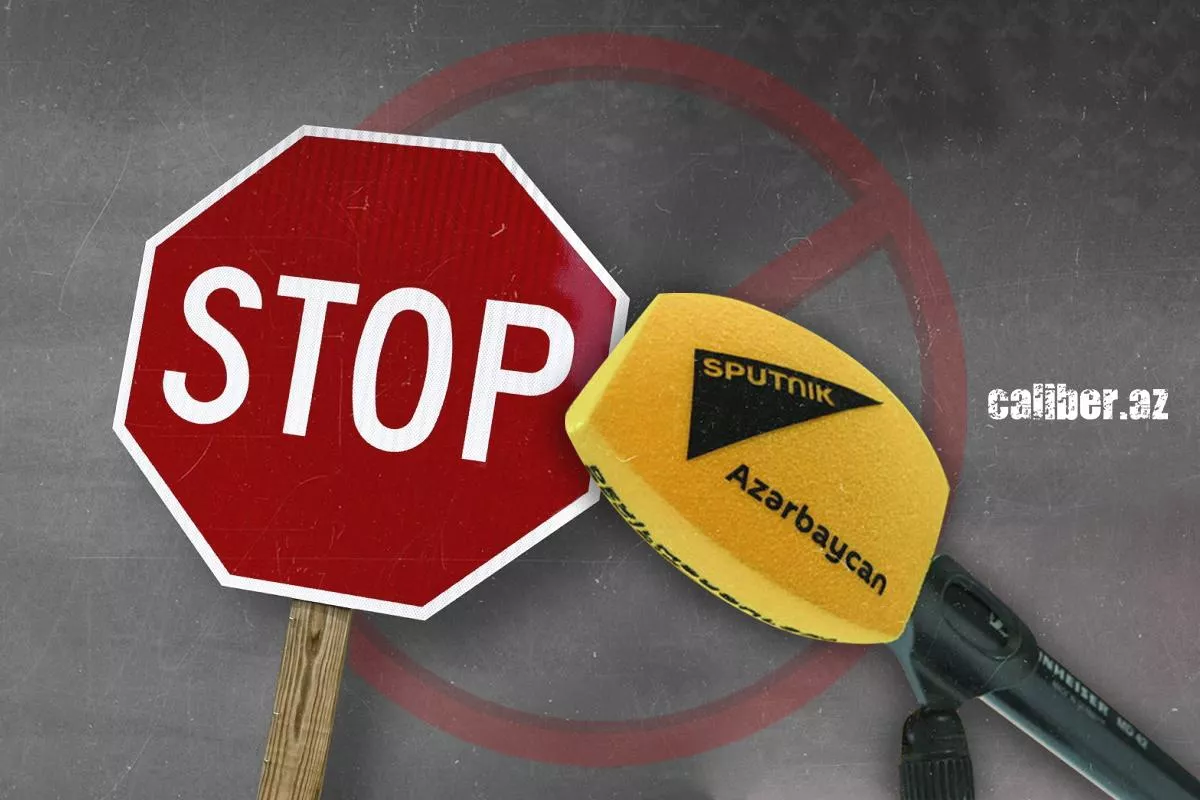
“The reaction was clear and firm. The closure of the information agency ‘Sputnik Azerbaijan,’ which was supposed to cease operations in February but continued working semi-legally, was an absolutely correct step — as was the refusal of the parliamentary delegation to travel to Moscow and the cancellation of cultural programmes with the Russian side. This is not an emotional response, but a state response to humiliation: polite yet resolute,” the political analyst noted.
He sees another reason behind Moscow’s anti-Azerbaijani campaign — resentment, particularly regarding Azerbaijan’s leadership stance on the downed AZAL plane.
“Ilham Aliyev demanded compensation and apologies. Formally, apologies were made, but Putin’s apology was vague — ‘for the incident,’ not for the tragedy itself. This was perceived in Baku as an insult. Aliyev’s last-minute refusal to attend the May 9 celebrations was also a blow to Moscow’s pride. They saw it as a cold and demonstrative gesture. I think all of this accumulated and resulted in an attempt to punish,” the expert said confidently.
The political analyst also believes the main reason behind what happened is a desperate search for a way to maintain power.
“At first, they tried to consolidate society around the external war — in Ukraine — but after three and a half years achieved nothing. Kyiv was not taken; there are no victories, only losses. The external enemy as a means of mobilisation no longer works. Then the old formula kicks in: the enemy is internal. But here, too, they miscalculated. Azerbaijanis are not a people you can play such games with. It is a strong and deep community. And Russia, which today already stands on clay feet, may not withstand a new wave of tension. Centrifugal processes like those in the late 1980s could repeat, and then no one will be safe,” Tusupbekov emphasised.
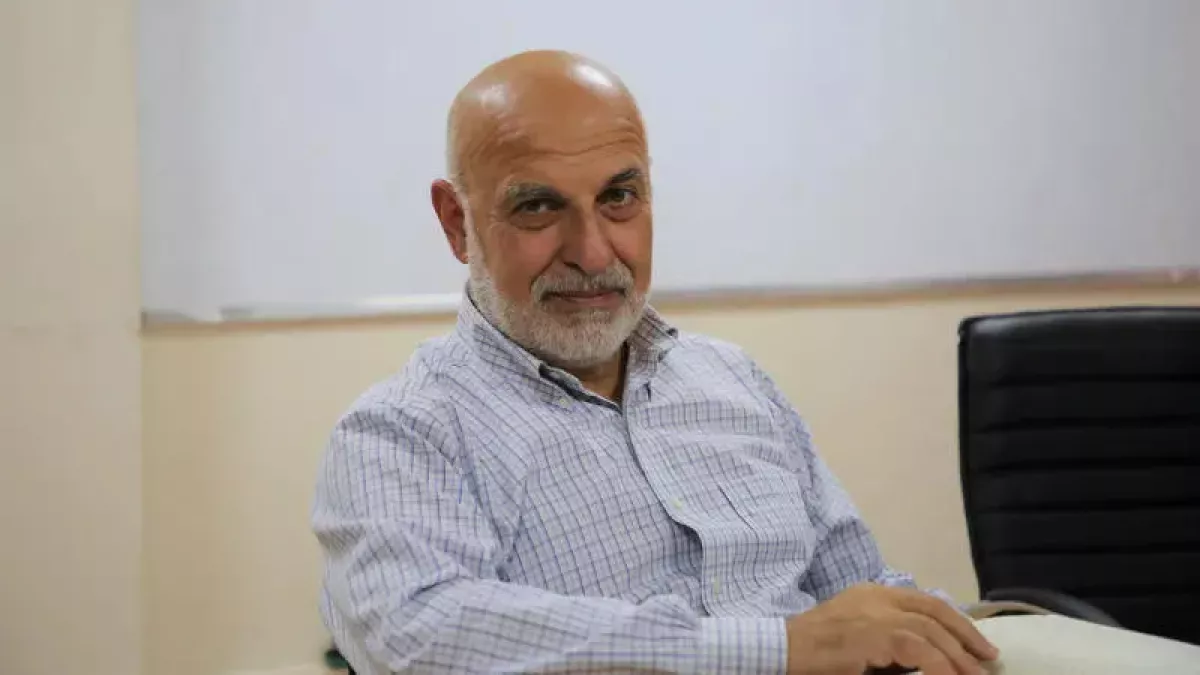
For his part, Georgian diplomat and politician Valeriy Chechelashvili — former Deputy Foreign Minister of Georgia and ex-Secretary General of GUAM — noted that the current events can be interpreted from two perspectives: global and tactical.
“From a global standpoint, this is a typical manifestation of Russia’s policy toward its neighbours. Since 2008, from the moment of the war against Georgia, I have been trying to explain to our partners in the former Soviet Union, in Europe, and in the United States that this is not an exception in Russian foreign policy, but rather an extreme form of its usual approach toward its neighbours. Russia has never treated the post-Soviet republics as fully sovereign states. The flags of Georgia, Ukraine, Moldova, Azerbaijan, or any other state on the other side of the negotiating table were seen as an irritant.
Because of this, no matter how ideal relations might seem between Russia and any post-Soviet republic, a crisis is inevitable sooner or later, since Moscow continues to view this space as its own ‘backyard,’ with all the consequences that entails. As a politician and negotiator with Russia for over thirty years, I can say that even when Georgian and Russian interests aligned — in areas such as combating international terrorism, trade, or transport — there was a palpable sense of irritation from the Russian side during negotiations, simply because they had to coordinate anything with Georgia. This arrogant, imperial attitude has always been present, and at various points both Azerbaijan and Georgia, as well as Armenia, have felt it,” he said.
Valeriy Chechelashvili emphasised that Azerbaijan has built a very strong state with a robust economy, based in part on its natural resources — oil and gas. At the same time, the country has secured stable delivery routes for its hydrocarbons to foreign markets, diversified its energy export corridors, and is actively developing the non-oil sector of the economy, such as tourism.
“As a result, Azerbaijan has acquired significant potential, which ultimately manifested in the restoration of the country's territorial integrity within its internationally recognised borders — something that, I am convinced, will benefit both Georgia and Armenia. This opens up entirely new opportunities to realise the vast potential for cooperation, effectively turning the South Caucasus into a full-fledged regional system — something we could only dream about before.
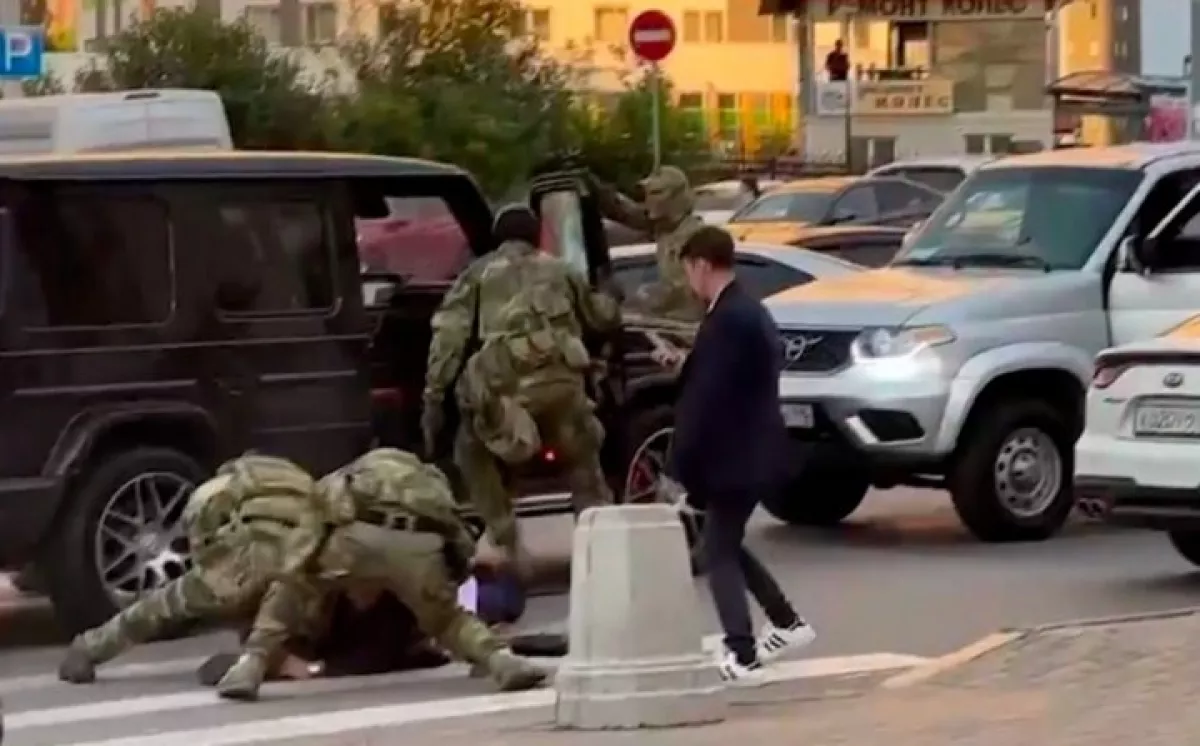
On the other side of the scale is Russia, bogged down in a barbaric war with Ukraine and, at the same time, steadily losing one ally after another. The most recent example is Iran, which has weakened and is losing influence in the region.
This leaves Russia with the need to act harshly and reactively because it has practically no other tools left. Right now, the Russian authorities are acting extremely toward Azerbaijan, but the same overarching policy applies to Georgia and Armenia as well. The methods and instruments vary depending on the tactical situation. At the moment, confrontation with Azerbaijan has come to the fore. I don’t know for what reasons the Russian leadership chose to take this step now, but it is clearly a premeditated anti-Azerbaijani campaign aimed at testing the waters — to see how firmly Azerbaijan is prepared to defend the interests of its state and its citizens, ethnic Azerbaijanis.
But if there were any doubts in Russia about that, I believe they have now dissipated like smoke. And at this point, I imagine the Kremlin is scratching its head, trying to figure out how to get out of this situation — because with the loss of its partnership with Azerbaijan, Russia’s chances of maintaining influence over the entire region are shrinking fast,” the expert concluded.
In his view, Moscow now faces a very difficult dilemma, especially given the serious depletion of the Russian Federation’s resource base due to the war with Ukraine.
“Among the three South Caucasus countries, Azerbaijan is the least dependent on Russia — both politically and economically. Moreover, Azerbaijan has very strong allies, such as Türkiye and Pakistan, and maintains good-neighbourly relations and a strategic partnership with Georgia, which provides access to global markets. From every angle, Azerbaijan holds all the cards.
On the other hand — and this may sound strange to some — it is Russia that is dependent on Azerbaijan. Why? Because it is under severe sanctions, including transportation-related ones. And Russia is heavily reliant on the North–South corridor, which has been talked about in Moscow for years, and which runs through Azerbaijan, connecting to Iranian ports and further south. This corridor is now critical for Russia as its window to external markets, where it is currently experiencing major difficulties. I believe they must be aware of this.
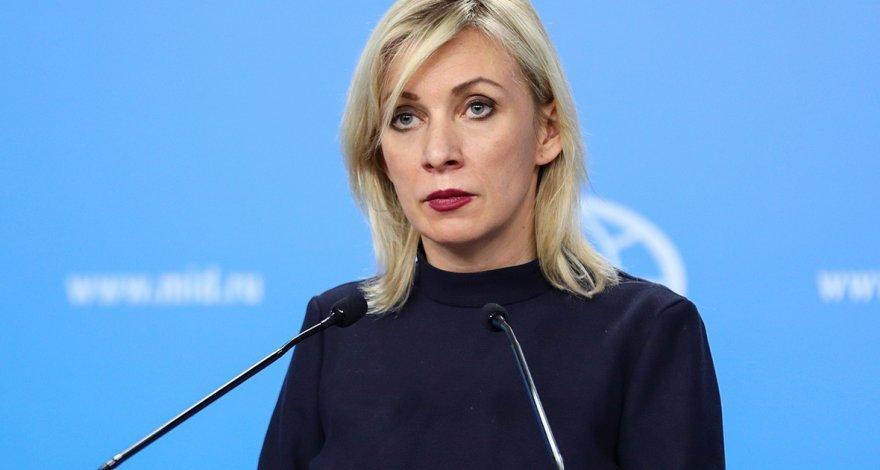
I think Azerbaijan responded appropriately. There’s a lot of howling in the Russian media space right now — Zakharova tried to say something — but neither she nor others like her are worth paying attention to. Frankly speaking, I believe this will all end with a phone call from Putin to Aliyev and an attempt to somehow resolve the situation. The Russian authorities have left themselves no other options, having taken a rash and demonstrative step. And they made a serious mistake — not for the first time, and, it seems, not for the last,” the political analyst stated.
He also noted that today the South Caucasus countries have the opportunity to counterbalance Russia through a trilateral platform for cooperation in all areas, including market development.
“If we achieve this, we can become strong enough to earn even greater respect — from both our partners and our opponents. The events of 1918–1922 should teach us an important lesson. Remember, back then the Bolsheviks picked us off one by one — first Azerbaijan, then Armenia, then Georgia. At this moment, we must draw the appropriate conclusions from that history. I believe Russia is now doing everything it can to push us in that direction — and this is an opportunity we must seize,” Chechelashvili concluded.








